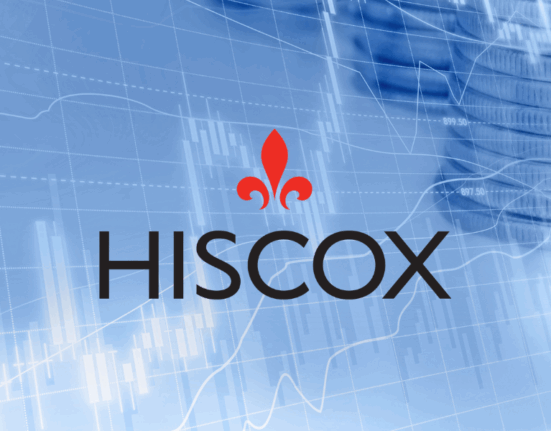The debate over skilled immigrants and their impact on job creation has become increasingly heated in recent times. The contentious issue of whether these immigrants boost entrepreneurship or take away opportunities from native workers has divided opinions sharply. But amidst the rhetoric and conflicting viewpoints, a new study sheds light on the crucial role skilled immigrants play in driving innovation and creating jobs.
The ongoing feud within the White House regarding immigration policies for highly skilled individuals has intensified, sparking a fierce battle between different factions. At the center of this debate is the H-1B visa program, which allows American companies to hire foreign workers for specialized roles, particularly in the tech industry.
“Are these foreign workers stealing jobs from qualified Americans? Does the H-1B program enable companies to underpay foreign employees compared to native workers?”
These are just some of the questions fueling the discussion surrounding skilled immigration. The contrasting perspectives have created a contentious atmosphere where accusations of job theft and exploitation abound.
In this charged climate, voices both for and against skilled immigration have emerged. While some argue that these immigrants provide vital contributions to innovation, company growth, and economic prosperity, others condemn the program as a means for companies to cut costs at the expense of American workers.
Elon Musk, renowned entrepreneur and founder of SpaceX and Tesla, staunchly defends skilled immigration by emphasizing its integral role in his success story:
“The reason I’m in America…is because of H1B.”
Musk’s passionate advocacy underscores the value he places on highly skilled immigrant talent in driving technological advancements.
Despite individual endorsements like Musk’s, there is growing concern that restrictive immigration policies may deter talented individuals from seeking opportunities in the United States. Data indicates a significant drop in H-1B visa applications due to heightened fees, unwelcoming rhetoric, and stricter regulations imposed by authorities.
Moreover, limitations on visas for foreign students coupled with reductions in science funding risk dampening America’s ability to attract top-tier talent from around the world. This potential brain drain could have far-reaching consequences on innovation and economic growth within the country.
A recent study conducted by Columbia University offers valuable insights into how skilled immigrants contribute positively to entrepreneurship and job creation. By analyzing data on H-1B visa holders across different metropolitan areas alongside regional entrepreneurial activities, researchers found a clear correlation: an increase in skilled immigrant population leads to a 6 percent rise in entrepreneurship within three years.
“Instead of being a net negative…immigrants enhance job creation,”
summarizes Inara Tareque from Columbia University. The exchange of ideas among highly-skilled newcomers fosters an environment conducive to business establishment and expansion, ultimately benefiting local economies through increased employment opportunities.
While acknowledging that reforms are needed within existing immigration frameworks such as the H-1B program or advocating for initiatives like a startup visa for foreign entrepreneurs may enhance benefits further—Professor Dan Wang warns against stifling skilled immigration recklessly:
“Restricting talented immigrants risks impeding innovation.”
In conclusion, amid fervent debates surrounding skilled immigration’s impact on domestic labor markets lies concrete evidence supporting its pivotal role as an engine of progress – fostering innovation pipelines and fueling economic growth through entrepreneurial ventures.









Leave feedback about this